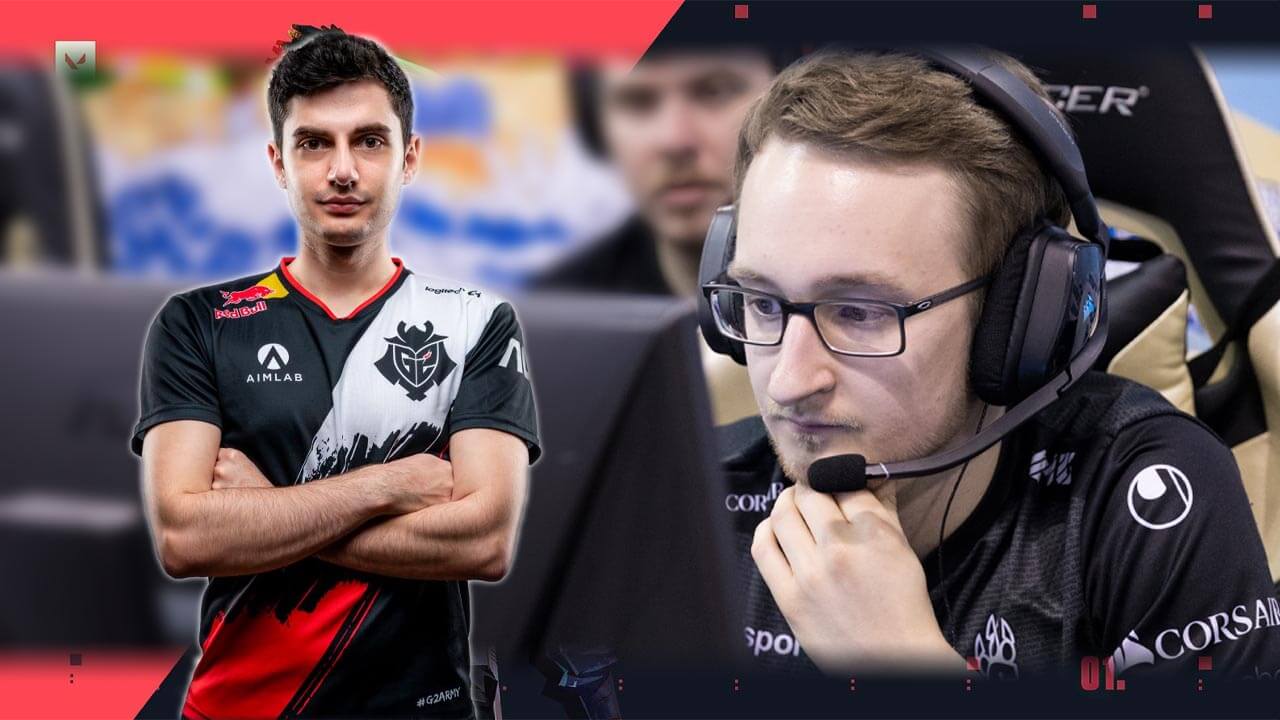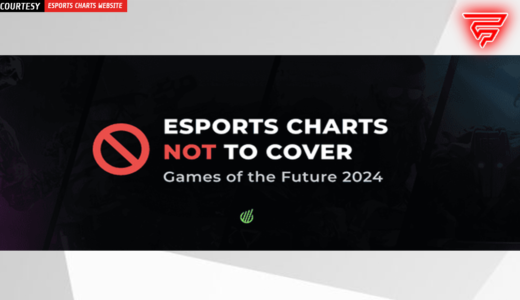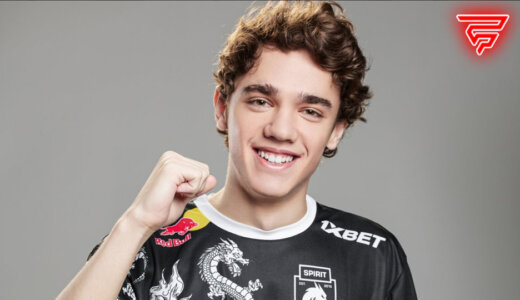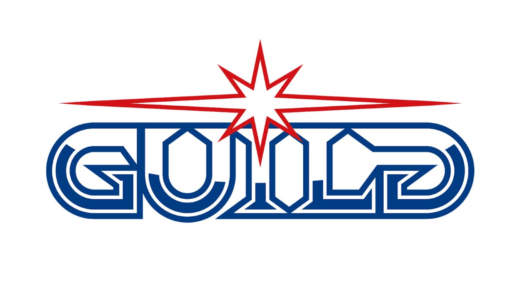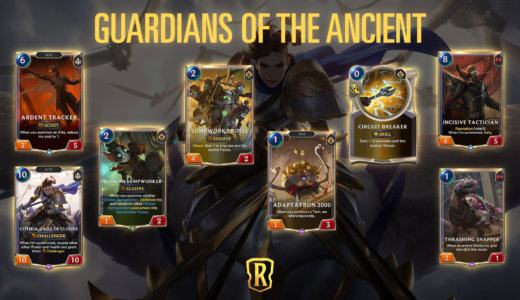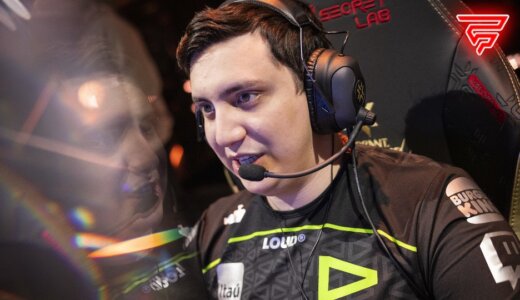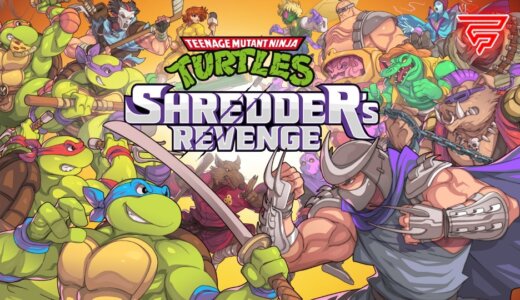Every time a new and promising esport hits the stage, the race for securing the best players early on begins. But is that necessarily the best idea?
Particularly in these first few months, an esports scene is usually quite unstable and constantly in motion. How many of the Overwatch teams that partook in the first official event at TakeTV in Krefeld, Germany, were still relevant half a year later? The answer to this question should probably scare CEOs and investors away. But so often, they ignore the imminent dangers and enter as early as possible with a team they signed for little money and which they hope will soon rise to the top. Months later, they have to admit (at least to themselves) that this whole idea was a big waste of money. Then, they’ll have to pull the plug and start their project anew.
No esport shows this better than VALORANT. Technically speaking, this title hasn’t even had its first developer-hosted official event yet. The IGNITION Series tournaments were hosted by third-party organizers and should only give a taste of what’s to come. But still, the organizations jumped on those players like fresh meat, even though they’ve only just competed in VALORANT for months or even weeks. These companies can now claim to be early-adopters, but they rarely ever reap the benefits of this.
We're joining @PlayVALORANT esports! ??#WeAreGiants #VodafoneGiants pic.twitter.com/oTc2bVfLqj
— Vodafone Giants (@GiantsGamingENG) June 26, 2020
For this exact reason, Fnatic have announced to withhold their entry into VALORANT until 2021. They want to scout out the scene and observe how this esport is progressing, before they make their first move. Surely this will result in higher costs for creating a team, but at least they’re not at risk of throwing their money away right now. Their chances to actually sign a solid and future-proof lineup at this very moment are incredibly slim.
BUYING IN EARLY CAN LEAD TO PROBLEMS
Obviously, organizations have the option to just kick their existing lineup and create a new one from scratch. For example, 100 Thieves have gone this route before when forming their new roster. For that to happen, they first had let go every player aside from Spencer “Hiko” Martin. But such a step is often times brutal and can have huge (if not expensive) implications. This holds especially true if the players’ contracts are still active.
We say welcome to @DSajoof – an update on our Valorant roster
Read more at https://t.co/5pYmJDQl5G#GONINJAS #VALORANT pic.twitter.com/oW5kJyCfmD
— Ninjas in Pyjamas (@NiPGaming) September 17, 2020
The Ninjas in Pyjamas are a great example for this. In April, they signed their first lineup. This was long before there was even an official event for this game. The team was relatively unsuccessful and definitely didn’t meet expectations. Ever since June, they have made several changes to the roster. But as success didn’t set in, they made further adjustments to the lineup. The First Strike Qualifiers perfectly explain why this approach barely yields results.
The Ninjas in Pyjamas haven’t made it through. Granted, in the first playoffs they had to go up against G2 Esports – a match they didn’t have to feel bad about losing. But in the Second Qualifier, they faced Purple Cobras, an organization-less team. They lost on an 8-13 scoreline and thus had no chance of qualifying for First Strike. The Purple Cobras, however, made it through.
While organizations like Giants, BIG, PENTA, Movistar and eSuba have all failed to qualify, half of the European First Strike playing field doesn’t have organizational backing. Their team names and logos might look all nice and fancy, but there is no structure and, crucially, no money behind them. The Ninjas in Pyjamas could quite literally fire their entire roster and replace them at no additional costs with a lineup that holds a spot in the First Strike event.
Kings of Europe, we won every single Ignition Series tournament in our region.
?1st – BLAST Twitch Invitational
?1st – LVL Clash 2
?1st – Allied Esports Odyssey
?1st – Mandatorygg Cup
?1st – WePlay! Invitational
?1st – Vitality European Open
?1st – G2 Esports Invitational— G2 m1xwell (@Mixwell) September 13, 2020
G2 ESPORTS AND LIQUID ARE COUNTER-EXAMPLES
This early-adopting can actually work out beautifully. G2 Esports are currently dominating European VALORANT esports. Despite First Strike being the first real event that RIOT will host themselves, G2 have already built a legacy. The first months of the game were their era and Óscar “mixwell” Cañellas has won every single IGNITION Series event. That is one for the history books right there! But this all could have gone down very differently if Carlos “Ocelote” Rodriguez had signed different players – and there were definitely reasons for looking at other options. And exactly there lies the problem with buying into a competitive title early on.
THE PROBLEMS OF EARLY-ADOPTING AN ESPORT
When G2 Esports, the Ninjas in Pyjamas, or Team Liquid entered VALORANT, the game wasn’t fully developed yet and the scene was in a constant state of change. The same holds true today, more than half a year after the official release of the game. Early on, a team can find a move or a strategy that propels them to new heights and grants them lots of trophies. But this headstart can be gone in the matter of weeks, as other teams learn their tricks or develop new tactics themselves.
The Counter-Strike scene is this consistent precisely because the title has been so throughly analyzed and every bit of it has been explored. It is incredibly unlikely for a team to ‘revolutionize’ the game and completely change how everyone approaches it. If something like this does happen, as was the case with Luminosity Gaming or Astralis, there is bound to be an era of dominance.
Only a fraction of what is possible within VALORANT has been discovered yet and used in the competitive space – that much is certain. The game is much too complex. It offers far too many different opportunities for it to be figured out this quickly already. What works today can be obsolete by tomorrow. The same holds true for the players and their approaches. There is no guarantee that a player will still be at the top in months, or even just weeks.
For this reason, it might actually be a good idea to hold off one’s plans of entering this young esport. Should Fnatic actually decide to sign a roster right now, they’re essentially making a bet – a bet on striking gold, just like G2 did. But, like NiP, BIG, Giants, or Movistar, they could end up outside the First Strike event, and ask themselves why they shouldn’t just sign the free players who have made it to this tournament instead.
